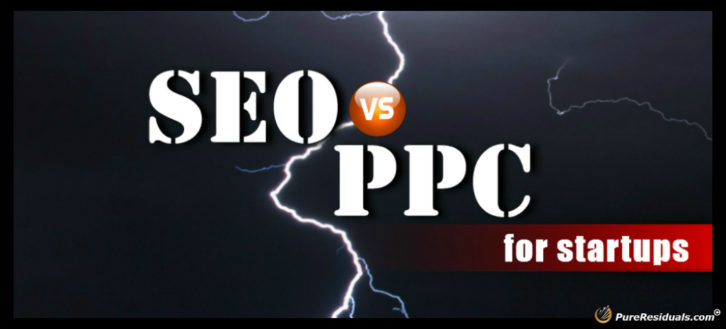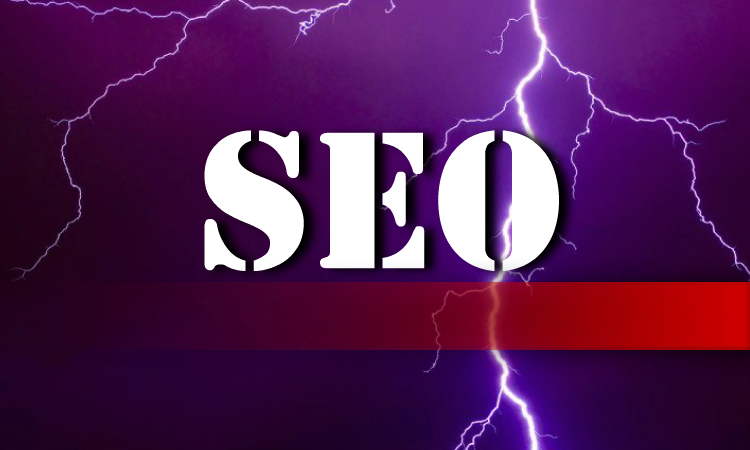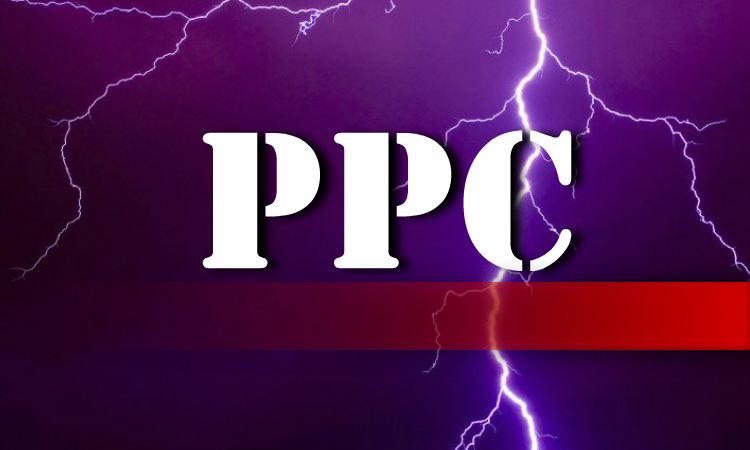SEO vs PPC
From search engine optimization (SEO) to pay-per-click advertising (PPC), and everything in between, there are a number of effective marketing methods for new businesses to choose from. The digital marketing world has expanded significantly in recent years as an increasing number of businesses are turning their focus to online solutions, and moving away from traditional forms of advertising such as TV ads and magazine listings, and there is now more choice than ever before. So how should startups spend their marketing budget? Is it better to work on content optimization, or look into pay-per-click ads?
Understanding the Basics
Before we delve into which of the two techniques is best for startups, it’s important to start with the basics. What is SEO? What is PPC? And how do they differ? SEO is focused on optimizing web content (this can be everything from homepage text to blog posts to product descriptions) by including a number of relevant keywords which your target audience is likely to search for. If you offer window cleaning in Scottsdale, for example, a suitable keyword would be ‘window cleaning Scottsdale’, for example. When a user searches for these words or terms, Google recognizes them in your content, and suggests your website, as a result, the user may be interested in. A first page listing is preferred for maximum visibility.
SEO and PPC to boost conversionsClick To TweetThe ultimate aim of SEO and PPC are the same: to boost conversions. However, PPC does this is a slightly different way. PPC ads are placed above the top-ranking result for a relevant search, giving them maximum visibility. Businesses then pay an agreed amount per click, regardless of whether a visitor converts or not. While SEO is focused on both getting more visitors to the website and then keeping them there with relevant content, PPC is exclusively used to increase traffic to specific landing pages.
Organic v. Non-Organic Marketing Methods
SEO is considered to be an ‘organic’ marketing method. ‘Organic’ is a popular buzzword in the marketing world right now and refers to natural, non-salesy ways to encourage more people to visit a website. After all, if you’re doing SEO correctly, the targeted keywords should be those that would be included in your content naturally. Organic methods can be hugely effective, but it’s important to acknowledge that we’re working in a world that’s dominated by competitiveness and that this is especially true for startups who do not have the same long-standing reputation that established businesses do. In such a competitive environment, there really is no shame in exploring other, non-organic methods, like PPC.
So which is better for startups? Let’s take a closer look at both SEO and PPC…
SEO for Startups
SEO is arguably one of the most effective strategies for attracting more visitors, especially when you consider that 60% of online shoppers begin with a search. SEO is about optimizing your web content with relevant terms that are expected to be used by your target audience during a search. The aim is to boost awareness and visibility of the brand while encouraging new customers to learn more about you. Most businesses utilize SEO to some extent, although it’s far from the perfect solution. The main concern with SEO is that if your company is relatively broad in terms of its product and services, you’re fighting against everyone else, and if you’re a little more niche, there’s naturally going to be a lot fewer searches.
Despite this, when SEO is undertaken correctly, it can have a massive and very positive effect on your business. SEO that is undertaken using sub-optimal practices, however, could potentially lead to damage. Unreadable text or keyword spamming, for example, could not only affect reputation but also result in Google penalties. Therefore, while SEO is, technically, a free method of marketing, startups with little SEO experience are often advised to work with an SEO expert initially to ensure SEO is working for you.
To summarize…
SEO Pros:
- Directly attracts target audience
- Boost brand visibility
- Is free to implement
SEO Cons:
- Difficult to compete with established businesses
- Is easy to get it wrong
- Initial efforts required to determine keywords
PPC for Startups
As we’ve looked at, SEO is about increasing search engine rankings and visibility. However, if your SEO campaign isn’t getting you first page results, you’re probably not going to be experiencing any sort of significant result. Remember that three-quarters of users do not scroll past the first page. PPC addresses this by offering top-of-the-page results in return for a small (or sometimes not-so-small) cost. The average cost of pay-per-click advertising is around $1 – $2 per click, although for highly competitive keywords this can rise to $50 or even more. It is reported that the average small business using Google Adwords spends between $9000 and $10,000 per month on PPC, so it’s not always budget-friendly.
Like SEO, PPC can be risky and it’s important to get it right, especially if you’re spending out for each click. Product-specific keywords which direct users to a homepage or contact page, for example, are unlikely to lead to a conversion. However, there are advantages to PPC. In fact, it’s reported that more than half of all search users are unable to distinguish a paid ad from a native ad (especially since Google lost its shaded sponsored ad background), so there is unlikely to be a negative effect on reputation.
To summarize…
PPC Pros:
- Ensures optimal ad visibility
- Can produce quick results
- Difficult to distinguish from organic advertising
PPC Cons:
- Highly competitive keywords can be costly
- Can be difficult to get it right
- Results may not be long lasting
SEO vs PPC: Which is Best for Startups?
No two startups are the same, so it’s impossible to say with any certainty which of the two marketing methods would have the greatest effect. Instead, startups should be working to determine their own individual status and circumstances, and using this information to decide what is best for them. Amongst many factors, it is important to pay particular attention to available marketing budget and what you expect to gain from a digital marketing campaign: do you want instant results or a long-term plan?
Startups with a decent marketing budget may prefer to initially focus on PPC which thrusts the business into the spotlight and delivers fast results, although these results may not be long lasting, especially once the campaign has finished. PPC is also a very suitable option for businesses in very competitive markets who may find it challenging to compete with established businesses with optimized content and broad keywords. On the other hand, businesses with a smaller marketing budget may want to give SEO a try. While the results may not be as noticeable as quickly, a good SEO campaign could well pay out in future.
A Different Approach
A question that all startups should be asking is this: why do I need to choose one or the other? Business isn’t black and white, and sometimes it’s necessary to delve into and discover that gray area. If neither SEO or PPC seems like the right fit for you, could there be an alternative approach that you could take?
Combining SEO & PPC - SYNERGYClick To TweetSomething that new businesses often overlook is the fact that SEO and PPC methods together may actually have a greater overall effect than opting for one or the other. In fact, PPC can’t really exist without SEO; PPC ads still need to be optimized, and there is no point in paying for advertisements if visitors have a poor experience once they are on your website, with unreadable, keyword-spammed content. What constitutes the right mix of SEO and PPC is something that only your business can determine. However, as a general rule it is important to test, measure, and evaluate processes regularly.
Using SEO and PPC Together
It is important for any business — not only startups — to measure the successes of their marketing campaigns, and this is especially vital when combining two different techniques and using them in unison. For SEO, this should include benchmarking inbound traffic by keyword or keyphrase which enables you to determine which of your keywords are generating traffic and which aren’t, allowing you to adapt your strategy as needed. For PPC, this should involve tracking clickthrough rates, monitoring conversions, and measuring costs not only by keyword but also by each pay-per-click partner.
Your Next Steps
What we can reasonably determine is that, for startups, neither SEO or PPC is enough on their own to achieve the desired results. At this stage of business development, it’s more about collaboration. Therefore, unless you are working with a severely restricted budget, it is, perhaps, best to attempt to incorporate both techniques into your marketing strategy. As we’ve seen, each technique has its own unique advantages, so by shunning one or the other, there is the risk of significantly limiting your business’ chances of thriving in a competitive startup environment. If you have the means, it is advised that you grab opportunities for growth. This means utilizing both SEO and PPC for optimal results.
SEO vs PPC for Startups: About the Author










